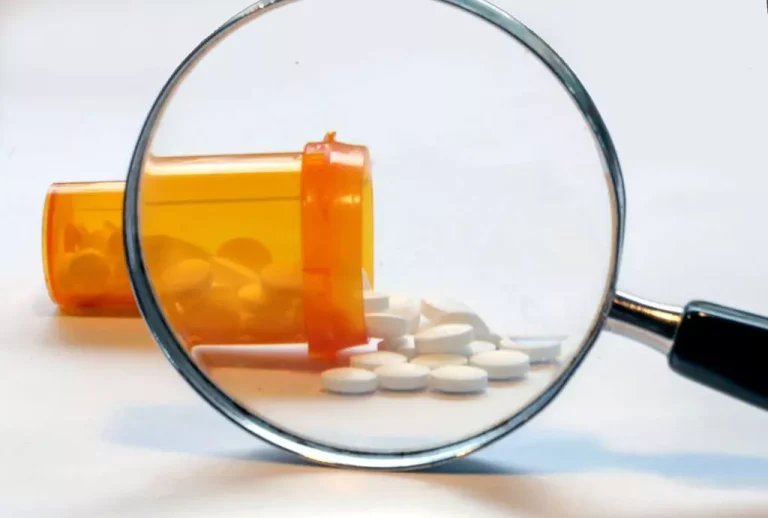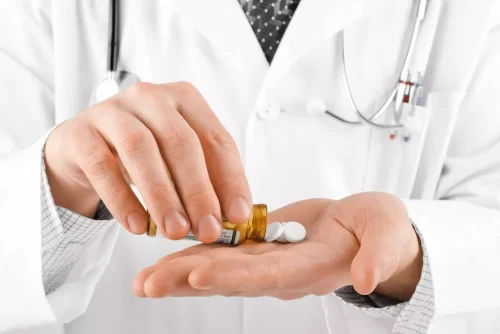
The more support received, the better the chances of avoiding a potential relapse. Additionally, revisit coping skills, which include exercising, meditation, positive reframing, spiritual practices, art therapy, writing or drug addiction treatment journaling, and volunteering. It is important to remember that setbacks are a normal part of recovery.
Therapy

Long-term recovery requires almost constant assessment and adaptation. It may be time to pursue some new hobbies, improve self-care habits, or set new goals. An individual isn’t contemplating relapse, but they are taking subtle actions on an emotional level that sabotage their recovery efforts. Not dealing with the emotional issues that trigger relapse and not practicing self-care habits are common. Below are a number of common factors which can often be a trigger for or contribute to relapse during alcoholism recovery. Rapid drug detox accelerates withdrawal with medication to cleanse the body, offering quicker recovery but requiring ongoing therapy and aftercare for long-term success.

How Sobriety Changes You From the Inside Out
You may think you know what to look for when someone is in danger or relapsing. There are actually three types of relapse warning signs to look for. Alcohol is a substance that’s used by countless people every day across the country. Data from the National Institute on Alcohol Abuse and Alcoholism shows that 84% of adults in the United States have at least tried alcohol before.

Dopamine Detox Timeline: How Long Does It Really Take?
- Explore topics related to alcohol misuse and treatment, underage drinking, the effects of alcohol on the human body, and more.
- When things get difficult, we tell ourselves all kinds of lies to find permission to drink again.
- These calls are offered at no cost to you and with no obligation to enter into treatment.
- If relapse occurs, the individual can learn from that experience and keep trying.
- What helps your loved one manage their stress and keep a positive attitude about recovery?
Sure, the first few alcoholic relapse puffs on a cigarette and sips of a drink feel AWESOME. We often start fantasizing about our drinking days when our current life is lacking the satisfaction we want out of it. Rely on your support systems, and don’t try to white-knuckle your way through it.
- They may stop taking care of themselves or start making excuses for their problems.
- If we don’t, we continue to retreat inward, which often leads back to drinking.
- If a person uses as much of the drug as they did before quitting, they can easily overdose because their bodies are no longer adapted to their previous level of drug exposure.
- The longer you continue to use, the more complicated it can become to stop using, especially if it is a substance on which your body can become physically dependent, such as alcohol.
Stages of Relapse
No relapse is too big to recover from, and in fact, you can take immediate action to regain your sobriety. However, it’s important to assess the relapse and identify things you can change or adapt to prevent a similar experience in the future. By Geralyn Dexter, PhD, LMHCDexter has a doctorate in psychology and is a licensed mental health counselor with a focus on suicidal ideation, self-harm, and mood disorders. However, relapse can be an opportunity to reset, develop clear needs and goals, and continue. Refocusing on recovery and further relapse prevention with a care team is crucial.